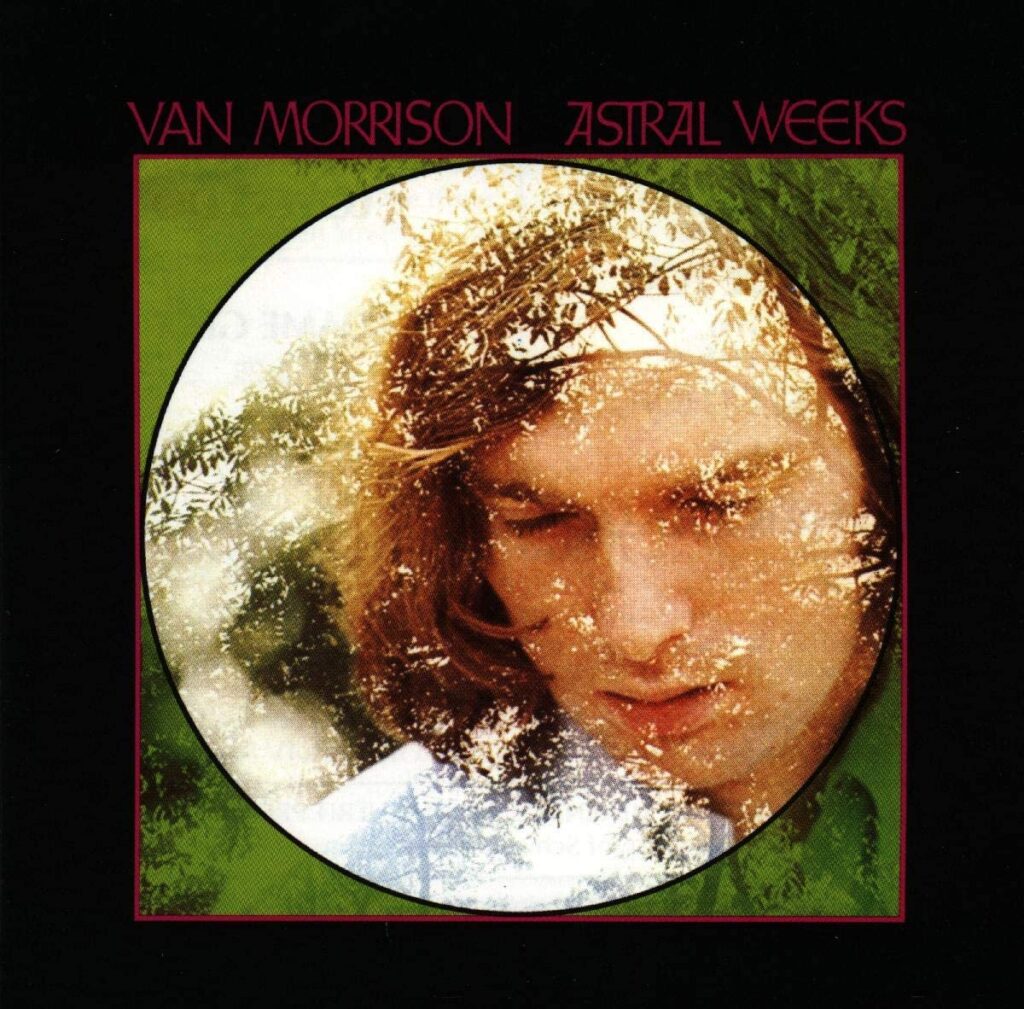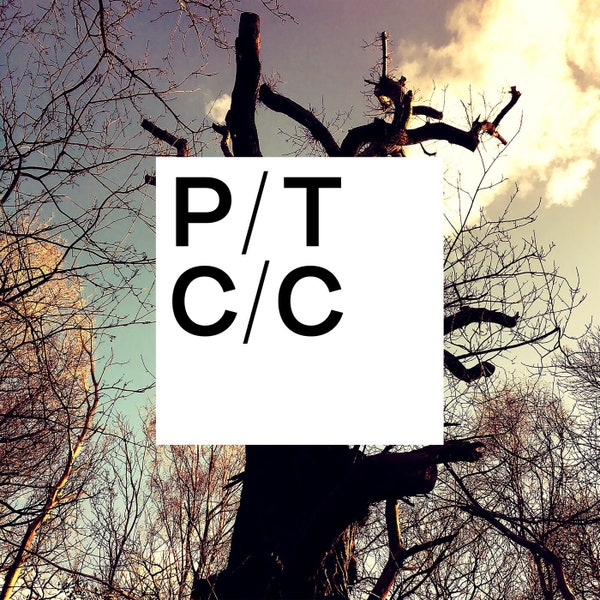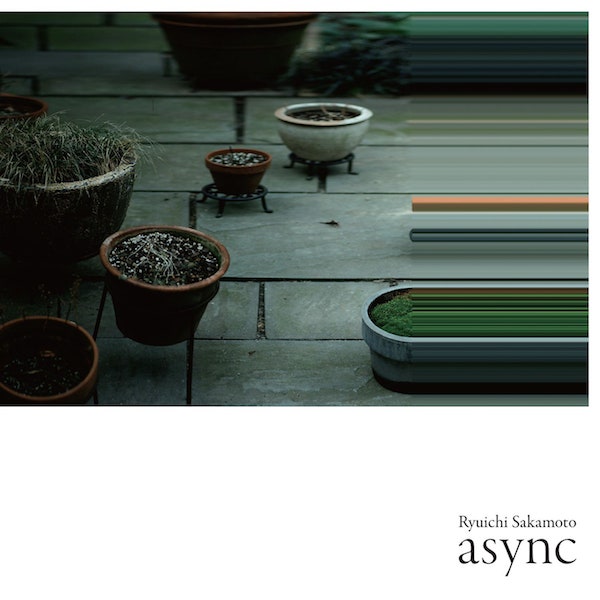Recently I have had the good fortune of hearing some great new music that has been released this year and hearing for the first time some exciting albums from the past for the first time.
One of these great albums from the past is the mysterious Astral Weeks by Van Morrison. Describing this album is a difficult task as it is truly unusual folk elements are seamlessly blended with jazz. This disparate mix stylistic elements are integrated seamlessly so that none of the choices in the album feel forced. Most of the songs are centered around one harmonic progression that is continuously repeated and is gradually enhanced by other instrumental parts orbiting around it. This gives the music a surreal trance like feeling.

Another album I have recently got my hands on is the much anticipated new release by Porcupine Tree Closure/Continuation (I have already written about Harridan in an earlier post). The most obvious change since their previous outing is that Steven Wilson is playing the bass on all the tracks. This makes the album feel strangely more like one of Wilson’s solo release than a Porcupine Tree album, he and Nick Beggs (the bass player from his solo band) usually play with a pick and slight distortion this approach gives the tracks a very specific flavour. Also, when compared with Porcupine Tree’s previous bass player Colin Edwin Wilson’s approach is far more aggressive (the lines are far busier than Edwin’s) and on top of the beat which puts the bass in a very different relationship with the drums.

However, this is balanced out by the contributions by the other band members I think the most accurate description of the album is that it sounds like amalgamation of Steven Wilson’s solo aesthetic and Porcupine Tree. However, matters are further complicated by the fact that Porcupine Tree was originally a solo project and even when it became a band Steven Wilson still wrote the majority of the material and determined the overall artistic direction of the band. In light of this, one way of looking at the band is as a manifestation of one aspect of Steven Wilson’s work coloured by the varying levels of collaboration with the other band members.
According to a recent interview this album has been a true collaboration between all of the band. This might help explain whilst after a couple of listens this album feels so familiar to me but also very different from the band’s previous work. There is no overall conceptual theme uniting the tracks and the music is not as riff focused as the last few albums by the band. Sonically, the guitars sound a lot dryer than previously. The same is true of the drum sound, it is sounds far less produced than the some of their earlier like In Absentia. The directness of the sound can make the album grating to listen to, although perhaps I will change my mind once I have spent more time with the music.
The biggest criticism I have of Closure/Continuation is the lyrics; they are often simplistic in their imagery and structure. In Harridan Wilson sings of a “Gold man” biting down on a “silver tongue”. Another strange lyrically choice occurs in Herd Culling with the line “secure the homestead”. Steven Wilson likes to work quickly, this has enabled him to produce an incredible volume of work but also means that some of songs he releases are very unpolished and lacking in finesse. I say this with full awareness that it is easy to take pot shots at someone else’s work, however, it would be dishonest of me not to voice these criticisms.
I must also acknowledge some of my attitudes towards this album do not purely come from a place of disinterested analysis. For example, there is something about the song “Dignity” that I am strongly prejudiced against, namely, the humorous aspect that is introduced into an otherwise tragic story of homelessness. This is particularly evident in the line “While we wait for the light to turn green” this lyric introduces a certain air of triviality to the song that a quaint stereotypically British feel that I find repulsive. Further, the end of the line being rhymed with the “seen” from the previous line is too easy. This simple use of rhyme further adds to the feeling of triviality.
Criticisms aside, Richard Barbieri’s contributions to the album elevated the music and add a layer of complexity that elevates the album into a more conceptual territory that makes it more than “just another rock album”. In particular, the sequencer part it Harridan is masterfully juxtaposed with the drum part and gives the listener relief from the more guitar-centric sections in the music. The ambient textures he produces in Walk The Plank are in sympathy with the nautical theme of the song and give the music a spacious feel.
On the deluxe edition of the album there are two tracks that are in my opinion better than any of the tracks on than the core album. I especially, like Love In The Past Tense the rhythmic signature at the start of the track reminds the song Deadwing it has a similar feeling of spaciousness which is created by main rhythmic feel of song being broken up by sharp musical punctuation. Never Have is also excellent and could have easily replaced any of the tracks on the standard version of the album. Whilst there are flaws with Closure/Continuation it a strong album and definitely worth a listen.
I have also been listening to the excellent, if somewhat disorientating album Async by Ryuichi Sakamoto. The album is based on concept of pair music occurring at different tempos and other experimentations. A couple of tracks feature poetic reflections set to music, some are very jarring like disintegration whilst others such as LIFE LIFE are more “conventional” relative to rest of the album. The music industry is full of release that aspire to be little more than mere entertainment, Async is a pure work of art and an exhibition of musical depth and taste that servers inditement of the superficial and shallow. I am looking forward to listening to more music by Sakamoto. If you have any suggestions as to what I should be listening to next please leave a comment.

I enjoy Porcupine Tree’s heavier rock songs, but here they’re doing what they do best, which is mellow and atmospheric. Love In the Past Tense and Never Have are the best tracks, Of the New Day is also very good. But you are spot on about the lyrics on this album, there are other examples of that.
Have you listened to the album by The Smile? They are Thom Yorke and Jonny Greenwood of Radiohead with Sons of Kemet drummer Tom Skinner. I don’t think it’s as good as the PT album, but it’s a similar beast. If you don’t know the English jazz band Sons of Kemet, I recommend their tracks: To Never Forget the Source and Inner Babylon.
I’ve never found Van Morrison appealing, but I’ll try to listen to Astral Weeks…
Hello Peter,
Thanks for the comment, I have not listened to The Smile I took a break from all things Radiohead related after their last album. I will investigate them later.